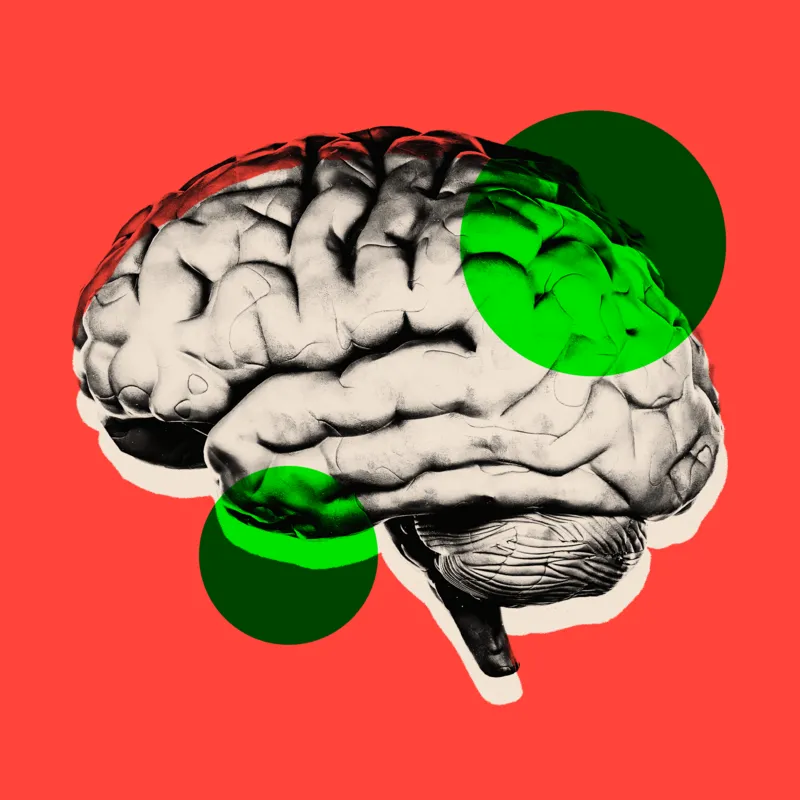Researchers are now examining if monitoring the aging process of our brains through new technology might potentially help slow down the aging process.
Marijke, a 76-year-old Dutch woman, and her husband Tom invited me to breakfast at their Loma Linda, California, home one hour east of Los Angeles, on a bright morning.
Breakfast consisted of oatmeal, fruit, and chai seeds without any processed sweet cereal or coffee—just like Loma Linda’s goal.
One of the so-called Blue Zones in the globe, Loma Linda is home to people who live longer than average lives.
In this instance, the longer-living group in the city is the Seventh-Day Adventist Church community.
They typically abstain from caffeine and alcohol, follow a vegetarian or even vegan diet, and believe that taking good care of their bodies is a mandated part of their religion.
They refer to this as their “health message,” and it has helped to make them famous. Decades of studies have been conducted to determine why the city’s citizens live longer and in better health.
Seventh-Day Adventists should anticipate not only a longer lifetime but also an improved “healthspan”—that is, time spent in good health—of four to five years more, according to Dr. Gary Fraser from the University of Loma Linda.







